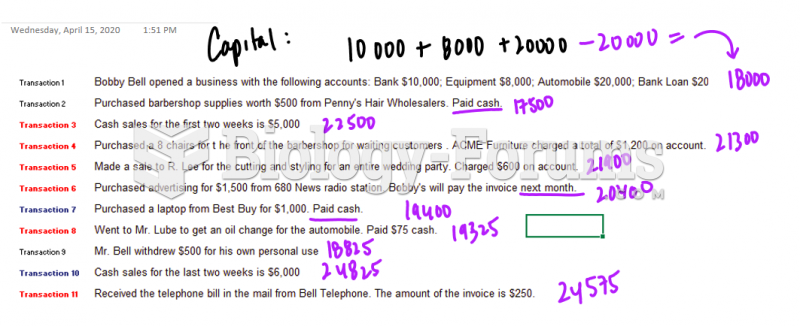Answer to Question 1
Answers could be quite long. In the short run, fiscal policy can affect the level of output, the composition of output, the price level, and financial market variables. In the medium run, changes in fiscal policy will not affect the level of output; however, they will affect the composition of GDP and financial market variables. So, a fiscal expansion would have no effect on output in the medium run. In the long run, fiscal policy will affect output. It will do so by affecting the level of national saving.
Answer to Question 2
The Ricardian Equivalence proposition describes the effects of, for example, tax cuts. A tax cut will have no effect on the demand for goods according to the Ricardian Equivalence proposition. A tax cut in the current period will cause an increase in the budget deficit. At some point in the future, say one year, taxes will have to increase to pay off this debt. Individuals will realize this. Once they do, they will realize that the current period tax cut is equivalent to a future period tax increase of the same present value. Hence, they realize that their wealth does not increase as a result of this tax cut. So, they do not increase consumption. In fact, they simply save all of the tax cut. In terms of the IS-LM model, the tax cut does not increase consumption or demand. So, the IS curve does not shift and there is no change in output or the interest rate. Simply put, the tax cut will have no effect on household consumption. So, all we would observe is an increase in private saving, no change in consumption, no change in demand, and no change in output.








